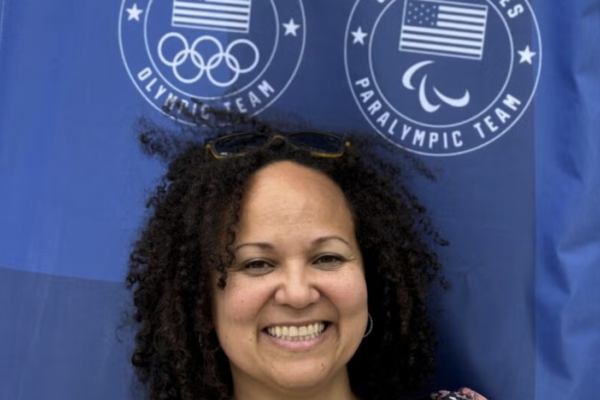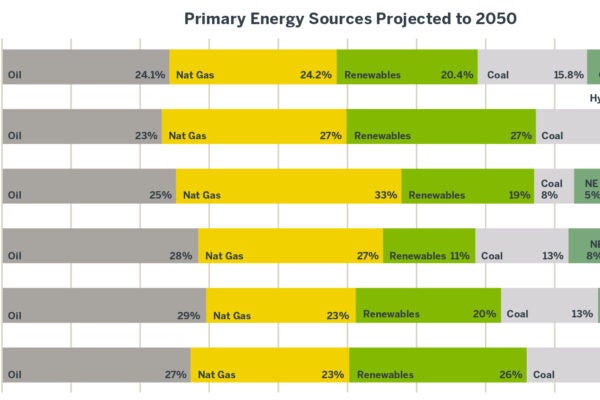New Researchers Drive Discovery
McCombs welcomes six new research faculty members whose scholarship ranges from employee resilience in the workplace to responsible use of digital payments

Ghuge designs algorithms for nimble decision-making

Rohan Ghuge studies algorithms that learn patterns, relationships, and rules from historical and real-time data to make predictions. He is an assistant professor of decision science in the Department of Information, Risk, and Operations Management.
Learning from data over time can spark better decision-making, helping people act with more certainty and successfully pivot when change calls for a different approach, he says.
For example, analyzing emergency response call patterns can predict where future emergencies are more likely to occur, helping position ambulances proactively. Retailers can use sales data not only to estimate demand, but also to identify emerging trends and adjust orders accordingly, he says.
Ghuge was a postdoctoral fellow at the Georgia Institute of Technology from 2023 to 2025 and completed a Ph.D. in industrial and operations engineering at the University of Michigan in 2023. He received an M.S. in computer science from the University of Pennsylvania and a B.T. degree from Veermata Jijabai Technological Institute in India.
Recent work looks at how to design algorithms that perform well even when they can’t adapt as new information comes in—adaptation that’s crucial in time-consuming settings, such as waiting for the result of a medical test.
“The key finding is that even with this restriction, we can still achieve surprisingly strong performance guarantees,” Ghuge says. “This matters in today’s business environment because many organizations need decision-making tools that are both robust and explainable. Our work shows it’s possible to achieve this balance, which is increasingly important for areas like health care and technology.”
Croitoru guides leaders with a vision for sustainable resilience
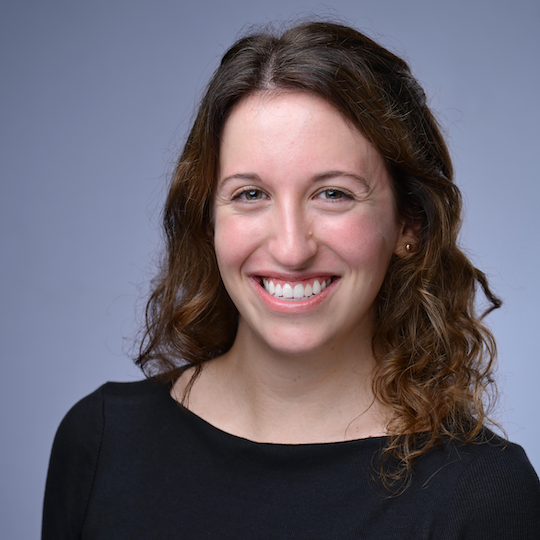
“Resilience is something we can all strive for, but it’s not always straightforward,” says Natalie Croitoru, assistant professor of management.
Her research delves into what resilience means in the broader context of a workplace. For instance, Croitoru examines challenges associated with resilience, and how leaders can balance pushing team members to grow with providing the support necessary to sustain that resilience.
“How do people walk the line between resilience—having a high threshold for challenges — and overwork or shouldering systematic burdens?” she says. “These are the kinds of questions that inspire my agenda for research.”
Her recent study looks at how teams can effectively adapt by paying close attention to specific cues in their environment. One key insight is that what counts as a “successful” outcome varies depending on the situation, so teams first must diagnose the context before deciding the best path forward. The paper was designated a monograph by editors of the Journal of Applied Psychology, indicating work that makes a substantial contribution to the field.
For teams, “it’s easy to fall into social norms and habits. That’s the beautiful thing about teams,” she says. “But it’s important to also come up for air and really assess what makes the situation potentially unique, because the same strategy that worked for adapting to one thing might not work as well for another.”
Croitoru received an M.S. in management in 2022 and a Ph.D. in 2025 in organizational behavior from the University of North Carolina; she earned undergraduate degrees in psychology and history from Rice University. Her work has been published in Organization Science, Journal of Applied Psychology, Personnel Psychology, and Harvard Business Review.
Cherry examines the effect of regulations on credit access
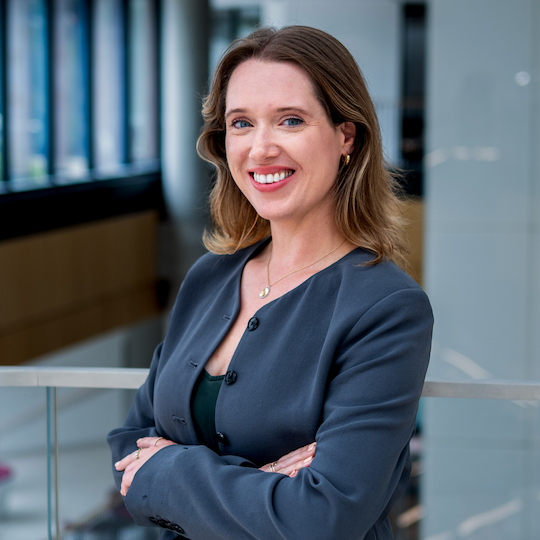
Understanding how financial regulation and lender technologies can expand — or limit — credit access for underserved communities is the focus of recent research by Susan Cherry, assistant professor of finance.
“Well-intentioned regulations like interest rate caps can backfire by driving out technologically sophisticated lenders who use AI and alternative data to serve borrowers that traditional credit scores misclassify as risky,” she says.
When these “informed” lenders step away, the remaining lenders rely heavily on conventional credit scoring, which reduces financial inclusion for the underserved communities—those with thin credit files or non-standard financial profiles—that regulators are trying to help, Cherry says.
A recent study on the CARES Act shows that early in the COVID-19 pandemic, shadow banks, or nonbank mortgage servicers responsible for about half of U.S. mortgages, granted less debt relief to struggling homeowners than traditional banks, despite facing the same legal requirement to pause mortgage payments.
“The results reveal a possible vulnerability: Shadow banks may be less able to provide relief, raising concerns about how these firms will pass on debt relief to struggling homeowners during future crises,” she says.
Cherry, who teaches business finance for students in the Canfield Business Honors Program, earned a Ph.D. in finance from Stanford Graduate School of Business in 2024, an M.A. in economics from Duke University, and a B.A. in economics from Denison University.
Gunnell connects data with companies’ human capital strategy
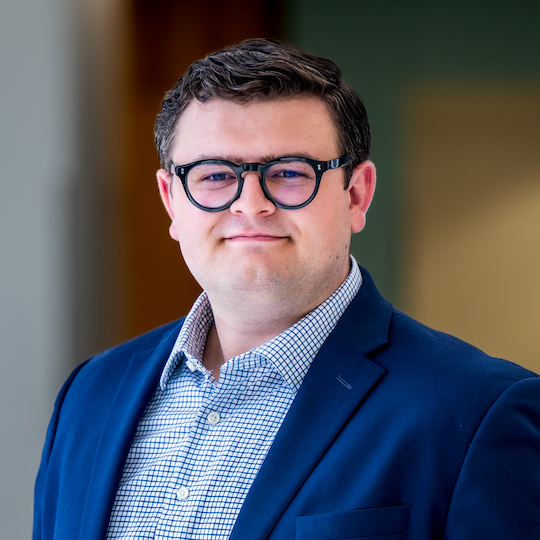
Hayden Gunnell, assistant professor of accounting, studies how managers use information to make decisions about employees and the implications of those decisions.
As data proliferates, a challenge is identifying what’s worth using and how to present it so managers can make better decisions, says Gunnell, who teaches managerial accounting at McCombs.
That challenge is growing as the workplace shifts—with changing employee expectations, new flexibility models, and the advance of artificial intelligence.
“As companies refine their human capital strategy, it’s important to understand the types of information managers need to effectively motivate, retain, and leverage their employees,” Gunnell says.
He’s interested in topics including how different measures of human capital may improve company decision-making and understanding trends such as “title inflation” and “promotions in name only.”
“With technology advancing so quickly, it’s more important than ever for a firm to be able to identify the human advantage of their workforce and maximize employee potential,” he says.
Meanwhile, “employees care more than ever about advancement and opportunities to grow, so promotions are an increasingly important part of a firm’s human capital strategy.”
A current working paper finds that framing the budget in percentages rather than dollars perpetuates pay disparities.
“It shows that seemingly innocuous choices can influence manager decisions in ways that either help or hinder fairness in the organization,” he says.
Gunnell earned a Ph.D. in accounting from Emory University’s Goizueta Business School in 2025, and both an M.Acc. and a B.S. in accounting from Brigham Young University.
Hutzler mines archival data for real-world regulatory impact
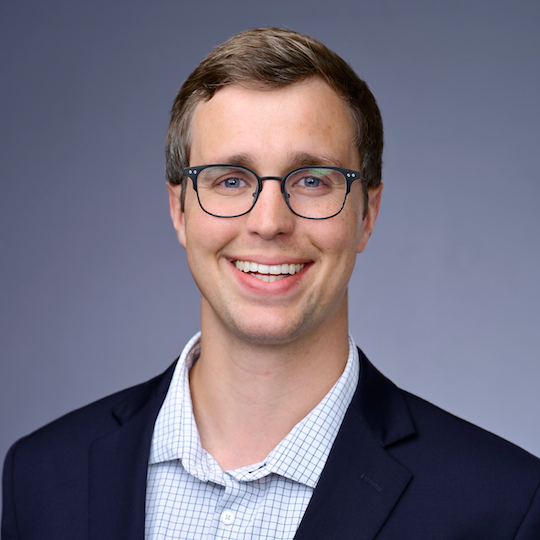
Understanding how firms, investors, and regulators behave in real-world situations is central to the research of Christian Hutzler, assistant professor of accounting.
He uses archival methods such as collecting and analyzing data from corporate filings, enforcement records, trading data, and other datasets to study how corporate governance structures and regulatory enforcement shape firm behavior, including disclosure strategies.
“Archival methods are effective because they allow researchers to draw insights from real-world behavior,” he says. “Because many of the settings I study cannot be replicated in a lab, archival data provides a practical and reliable way to examine how firms, investors, and regulators operate in practice.”
Recent work finds that tougher antitrust enforcement has pushed many experienced board members to leave when they sat on competing companies’ boards. While the enforcement by antitrust regulators has been intended to reduce the risk of collusion, it also means companies are losing directors with valuable know-how that helps them make better decisions and hold CEOs accountable.
“Firms face complex strategic challenges, and losing experienced oversight may weaken governance and decision-making at exactly the moment when it is most needed,” says Hutzler, who teaches Fundamentals of Financial Accounting in the honors program.
He earned a Ph.D. from the University of Iowa in 2025 and has bachelor’s and master’s degrees from Texas A&M University.
Purnanandam maps the future of risk and innovation in banking
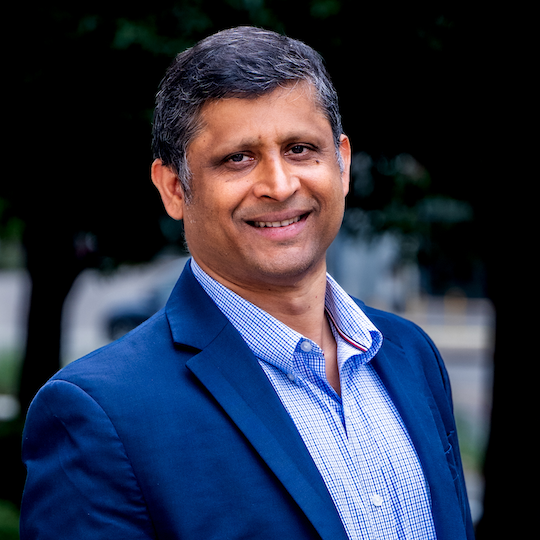
With broad research in banking and corporate finance and dozens of published papers, professor Amiyatosh Purnanandam holds the Denise and Ray Nixon Endowed Chair in Finance at McCombs. His current work is mostly related to digital payments and innovative approaches to managing risks in banking.
“The measurement and detection of risk in banking is a core pillar of a strong and vibrant financial system,” he says. “It’s vital that we study how to set up these systems, how we harness the benefits of digital payments without incurring large costs, how we address the privacy concerns that come with such a system, and where it leads us in terms of the adoption of Stablecoins and central bank digital currencies.”
In a recent study on whether banks provided taxpayers fair returns on the Troubled Asset Relief Program, he found that the Capital Purchase Program alone cost taxpayers an estimated $50 billion.
“These interventions are costly to the taxpayers, especially because the bailout happens during bad times,” he says. “Understanding the magnitude of bailout is extremely important for the future design of bailouts, including issues such as how to structure the contract terms, so that in the future we minimize these costs.”
Purnanandam has served on the editorial boards of several leading journals, was recently a director of the Financial Intermediation Research Society, and is vice president of the Midwest Finance Association.
Most recently a professor of finance at the University of Michigan’s Ross School of Business, he taught banking and corporate finance there for more than 20 years. He earned his Ph.D. in 2005 from Cornell University, where he also earned his M.S. degree in finance.
Story by Debbie Blumberg
About this Post
Share:

